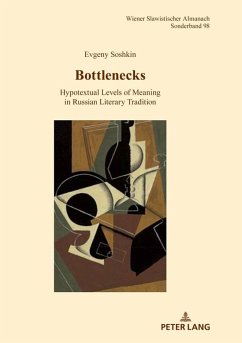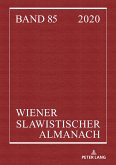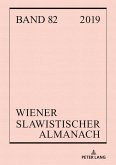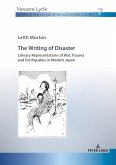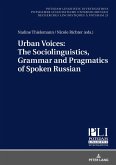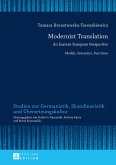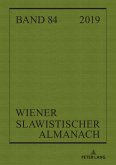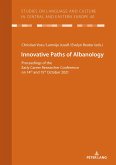Why did Osip Mandelstam picture himself as a victim of anti-Semitic persecution, but at the same time described his victimizers using the grotesque features of Jews from anti-Semitic mythology? What was the meaning of Sasha Chorny's pen name? Why were the Russian translators of Gargantua and Pantagruel steadily leaving out one phrase from the novel? Why did Alexander Pushkin use the same idiom in his fragments on Cleopatra, though in different contexts and referring to different things? What was the principle used by Leo Tolstoy when choosing one of the four patterns created by a diegetic or non-diegetic narrator and a personal or narratorial point of view? Why was the common knowledge about the tight alliance of the four post-symbolist poets - Osip Mandelstam, Marina Tsvetaeva, Boris Pasternak, and Anna Akhmatova - so enthusiastically appreciated by Akhmatova herself? Why in Nikolai Gogol's The Overcoat the robbed Akaky Akakievich receives a kick in the butt but falls face-up? Which fairy-tale character does the name of the dwarf from Vladimir Nabokov's short story The Potato Elf allude to? Each of these questions is reviewed in a separate chapter of this book, united by a uniform interpretation method, theoretically substantiated in the book's foreword.

